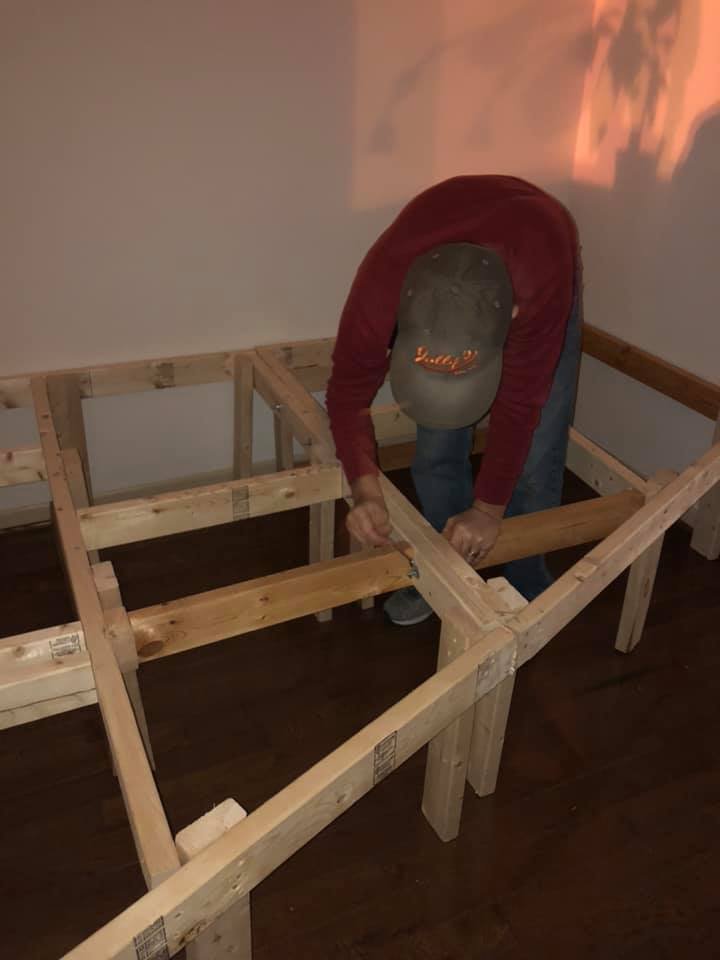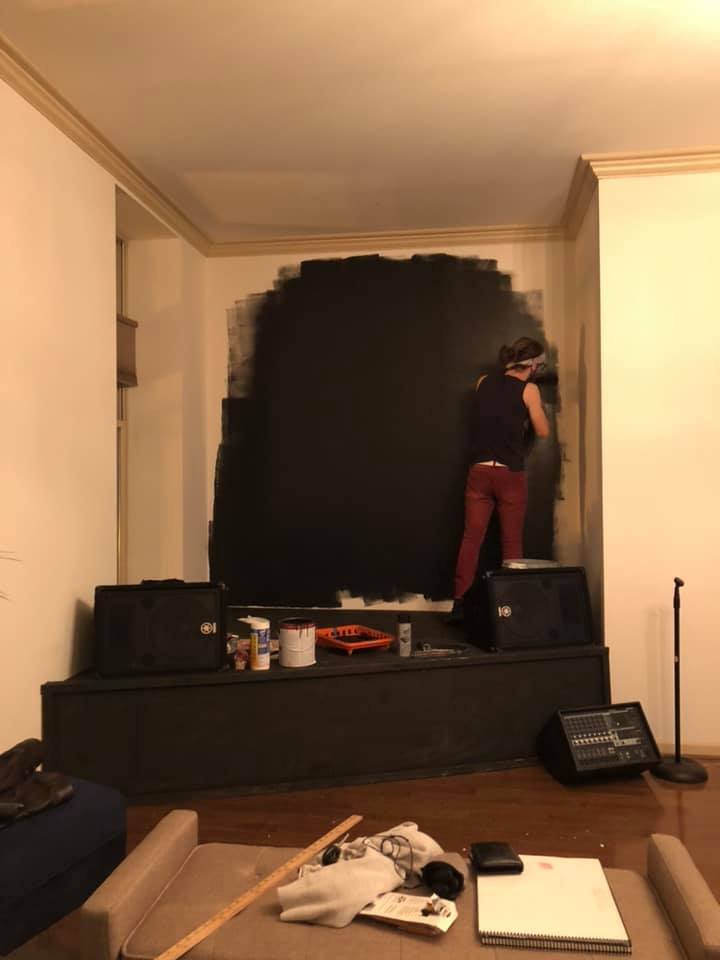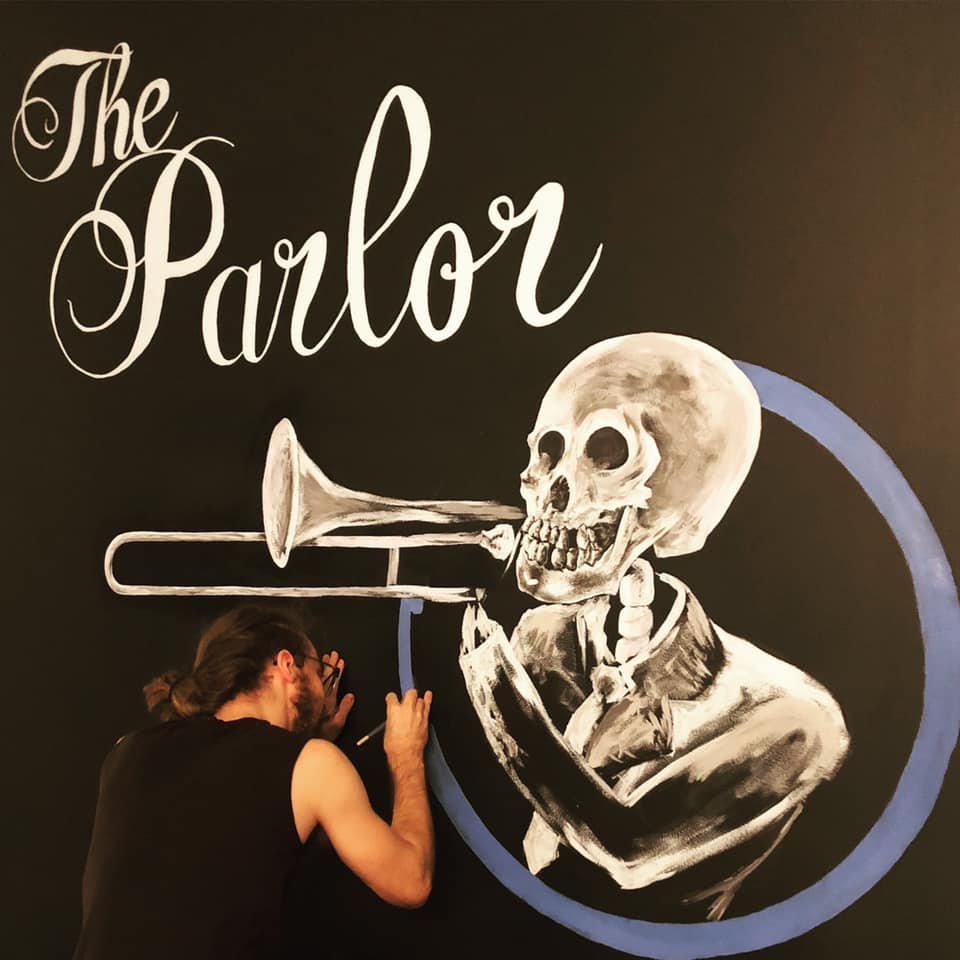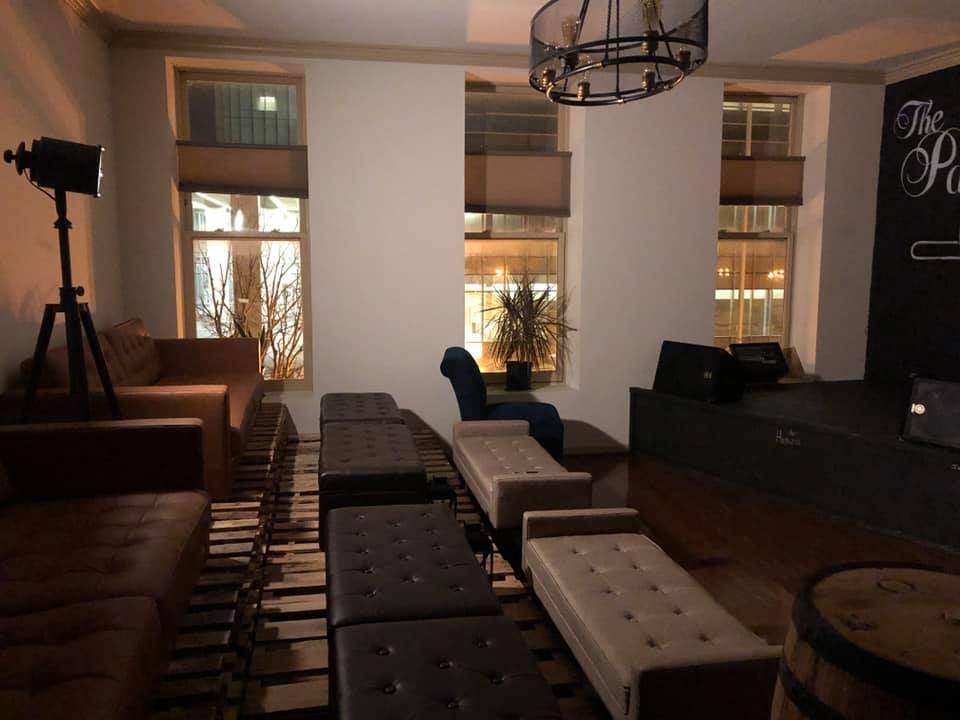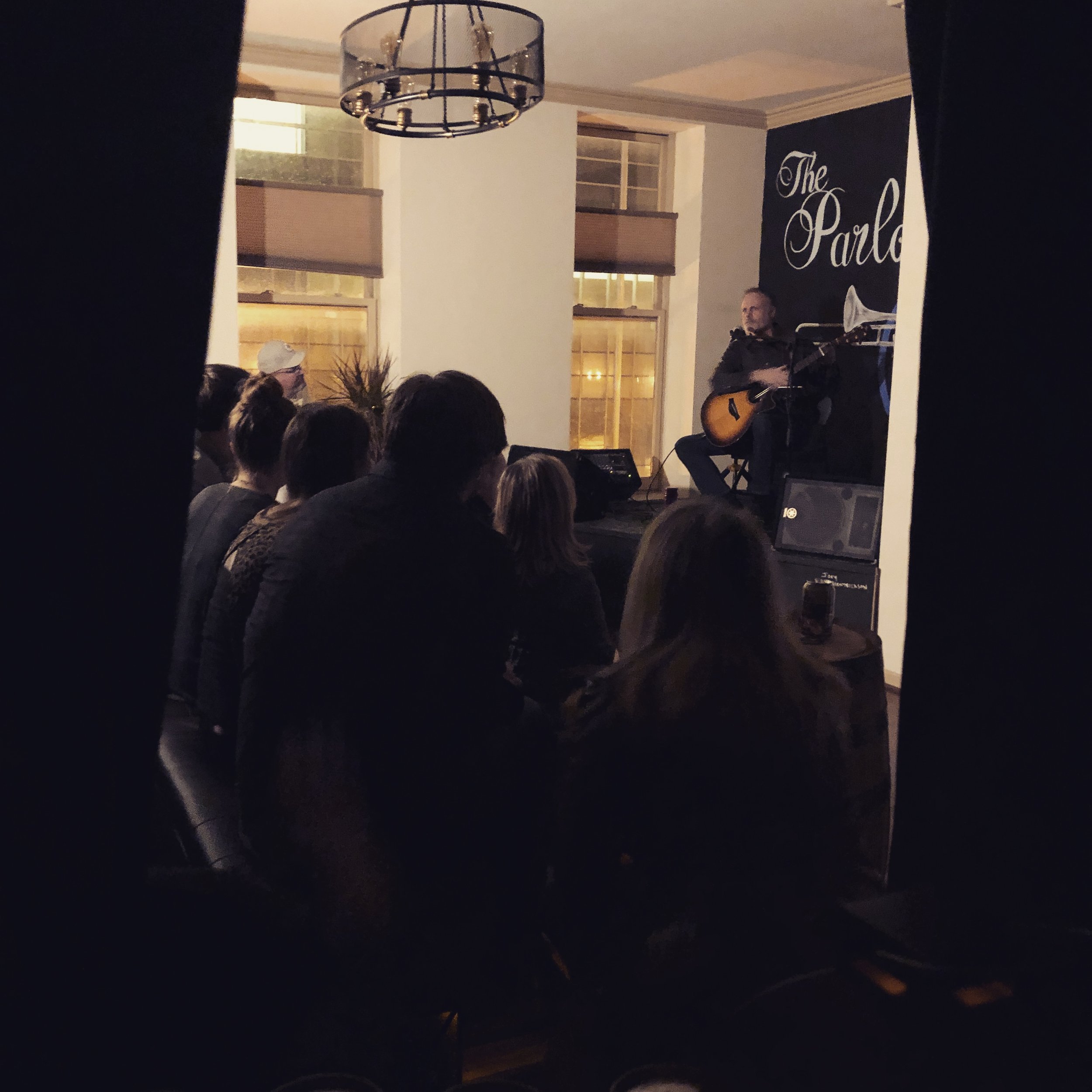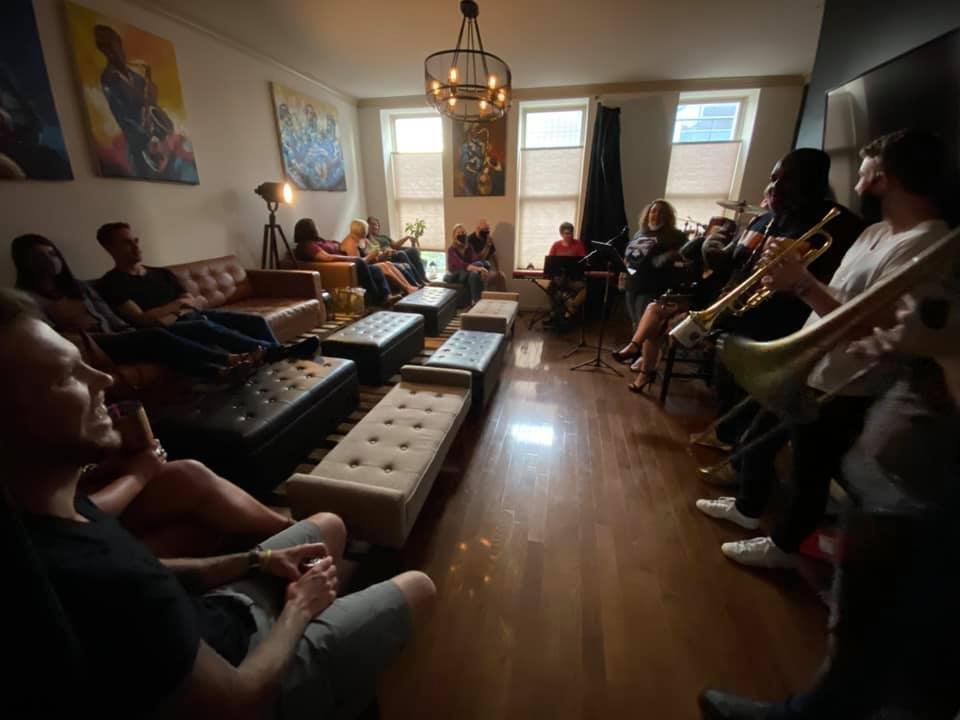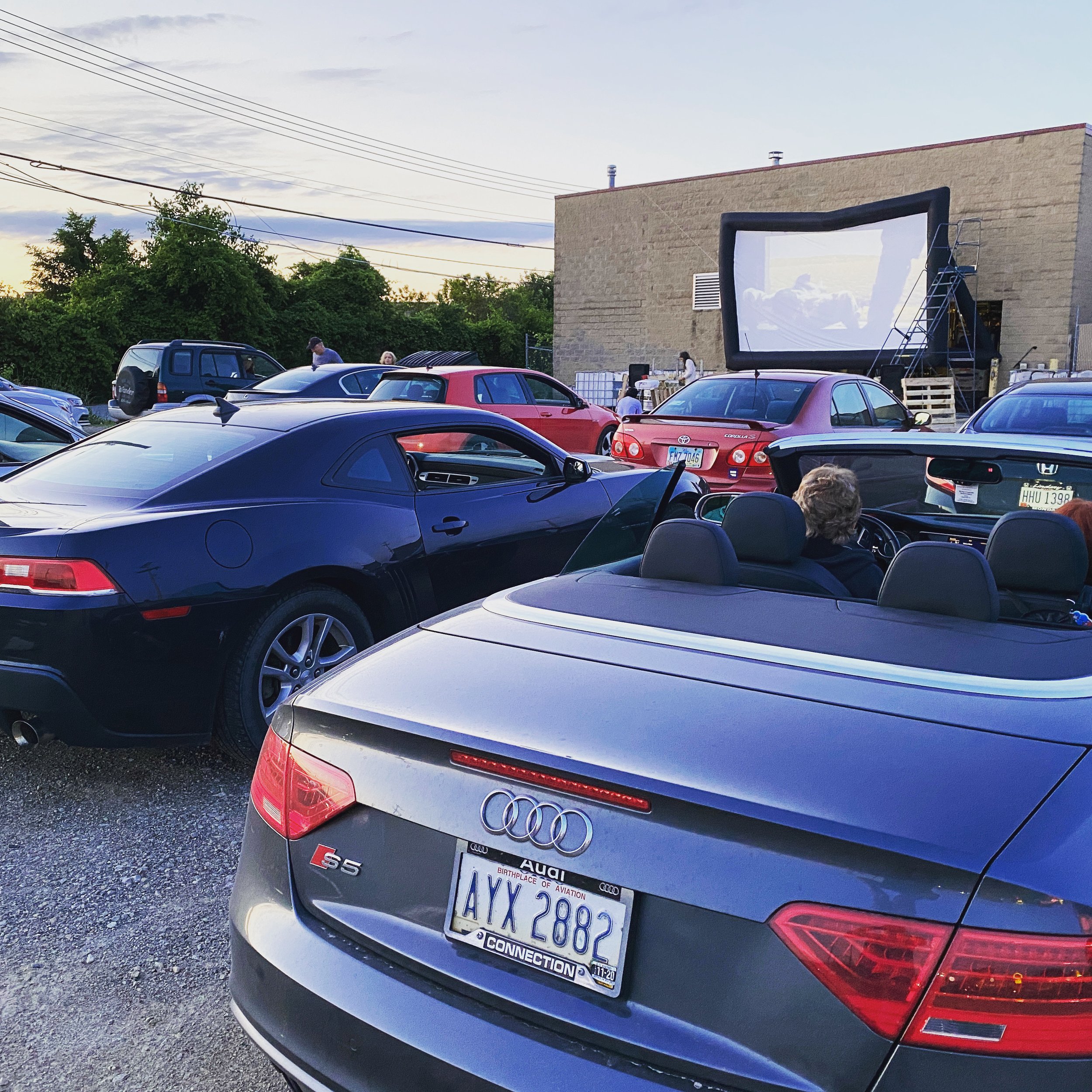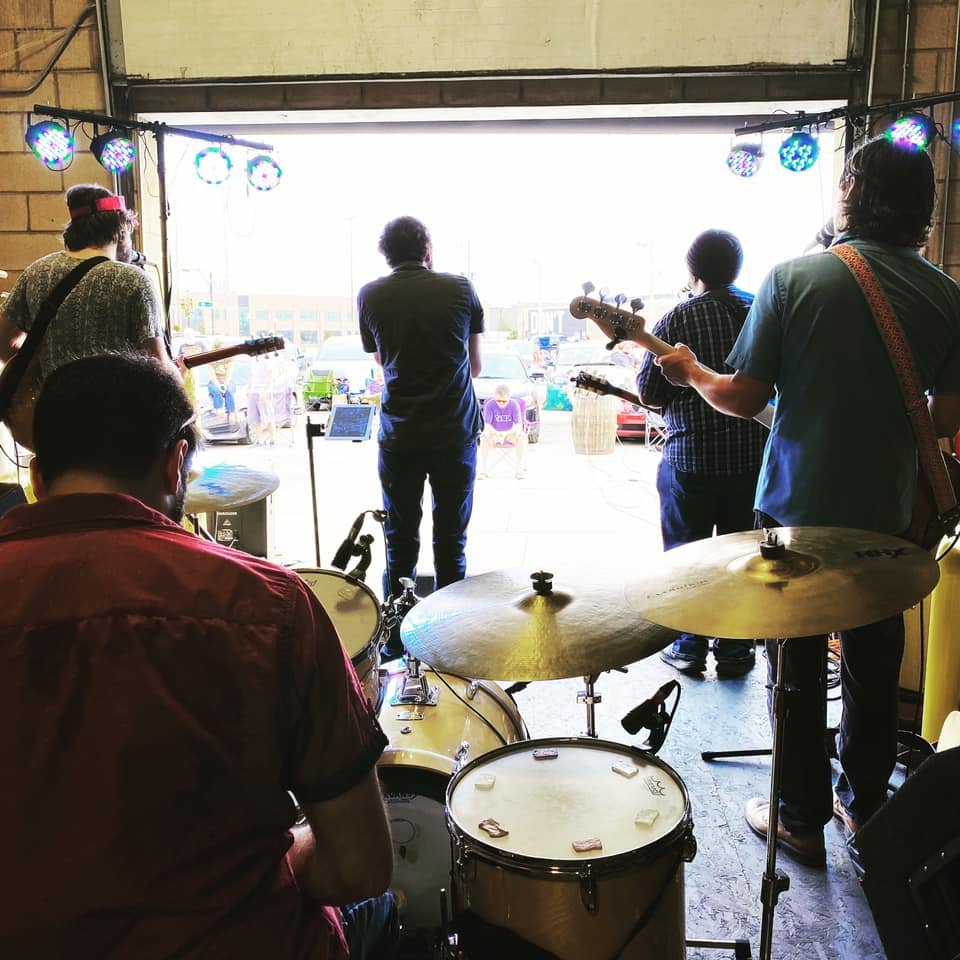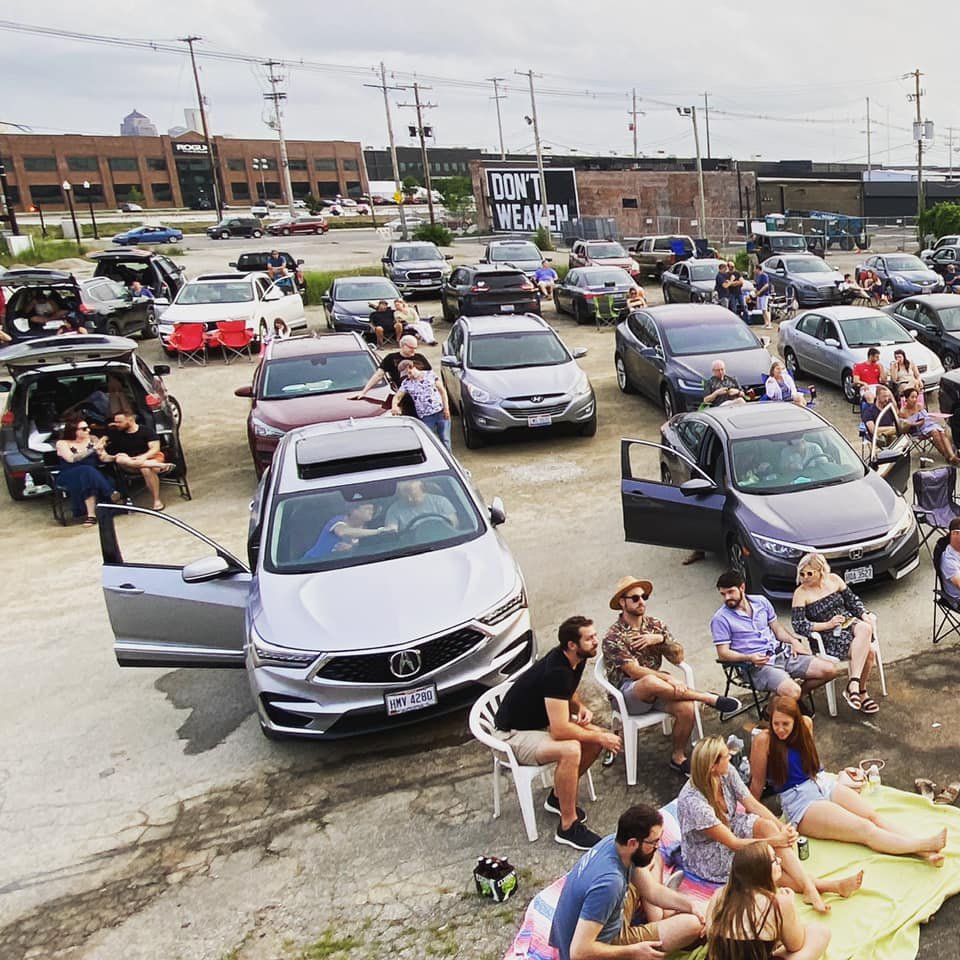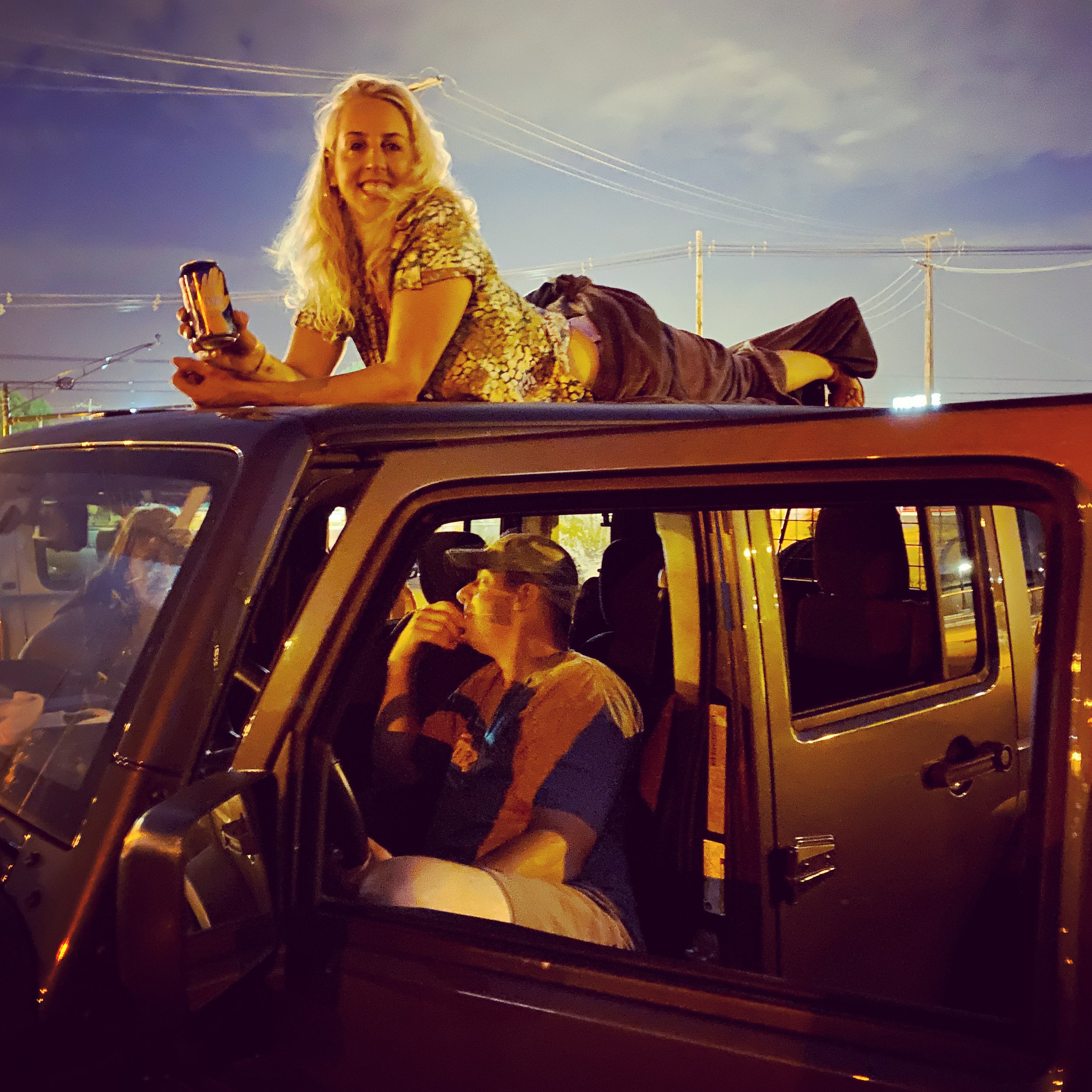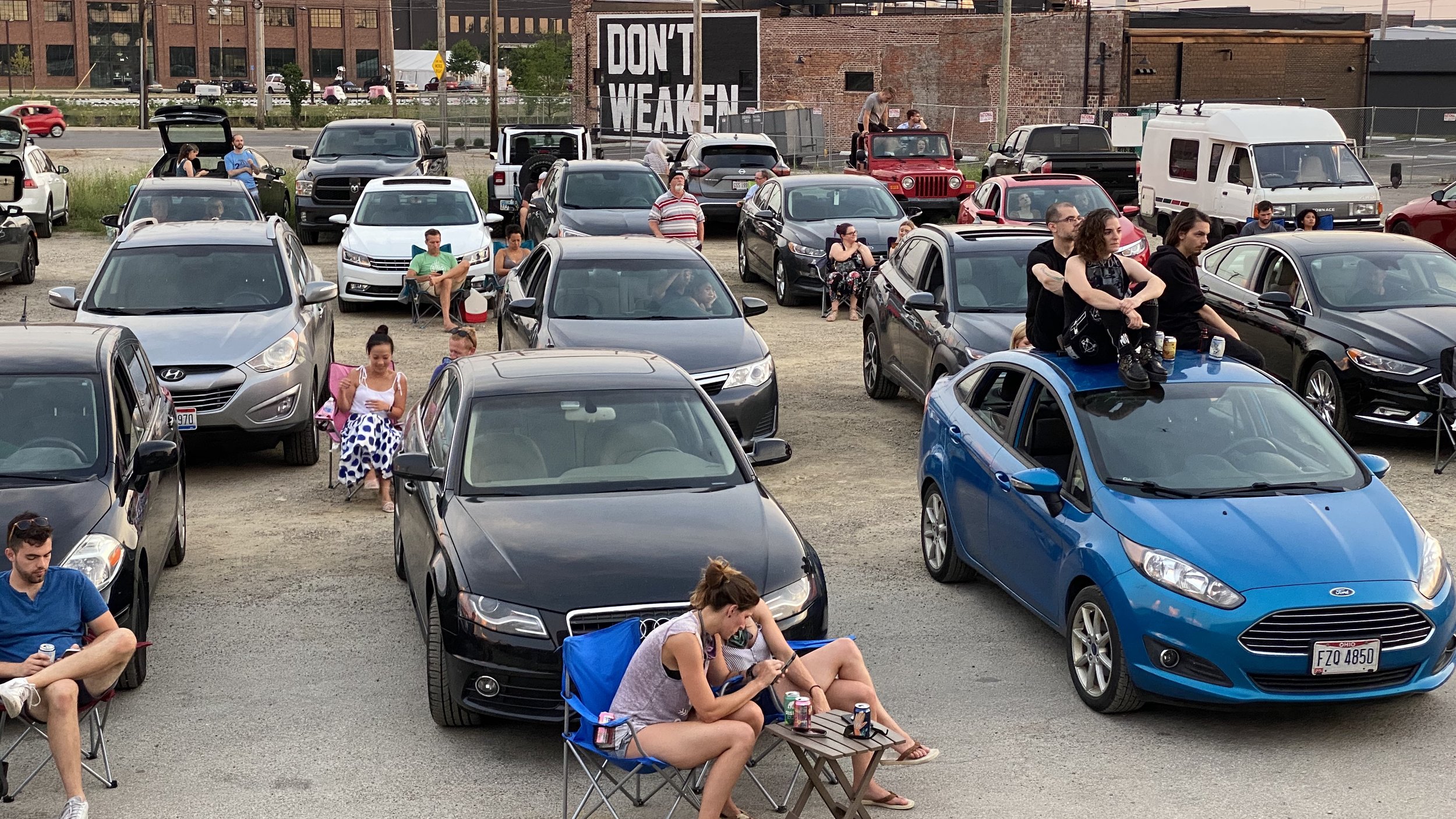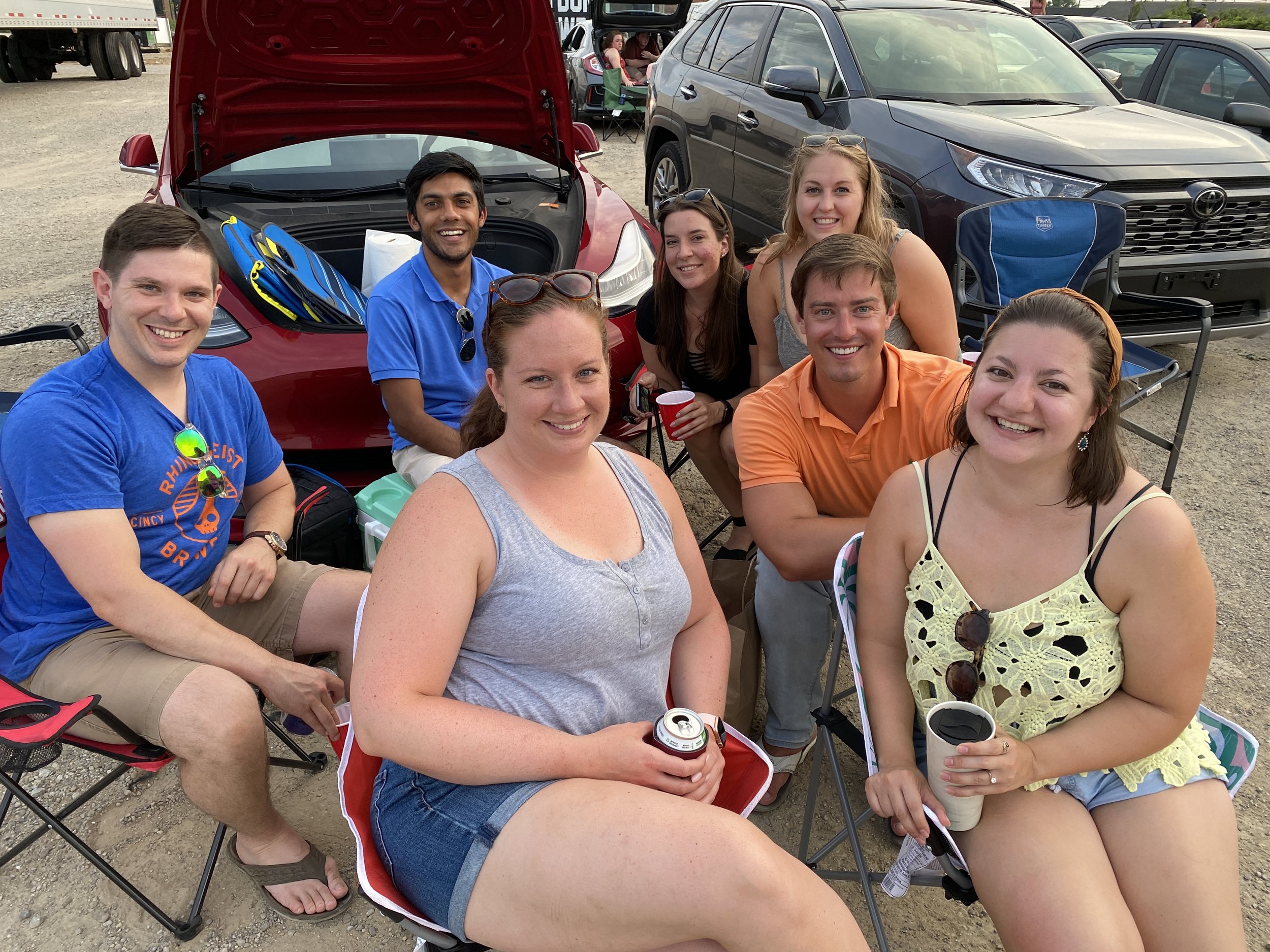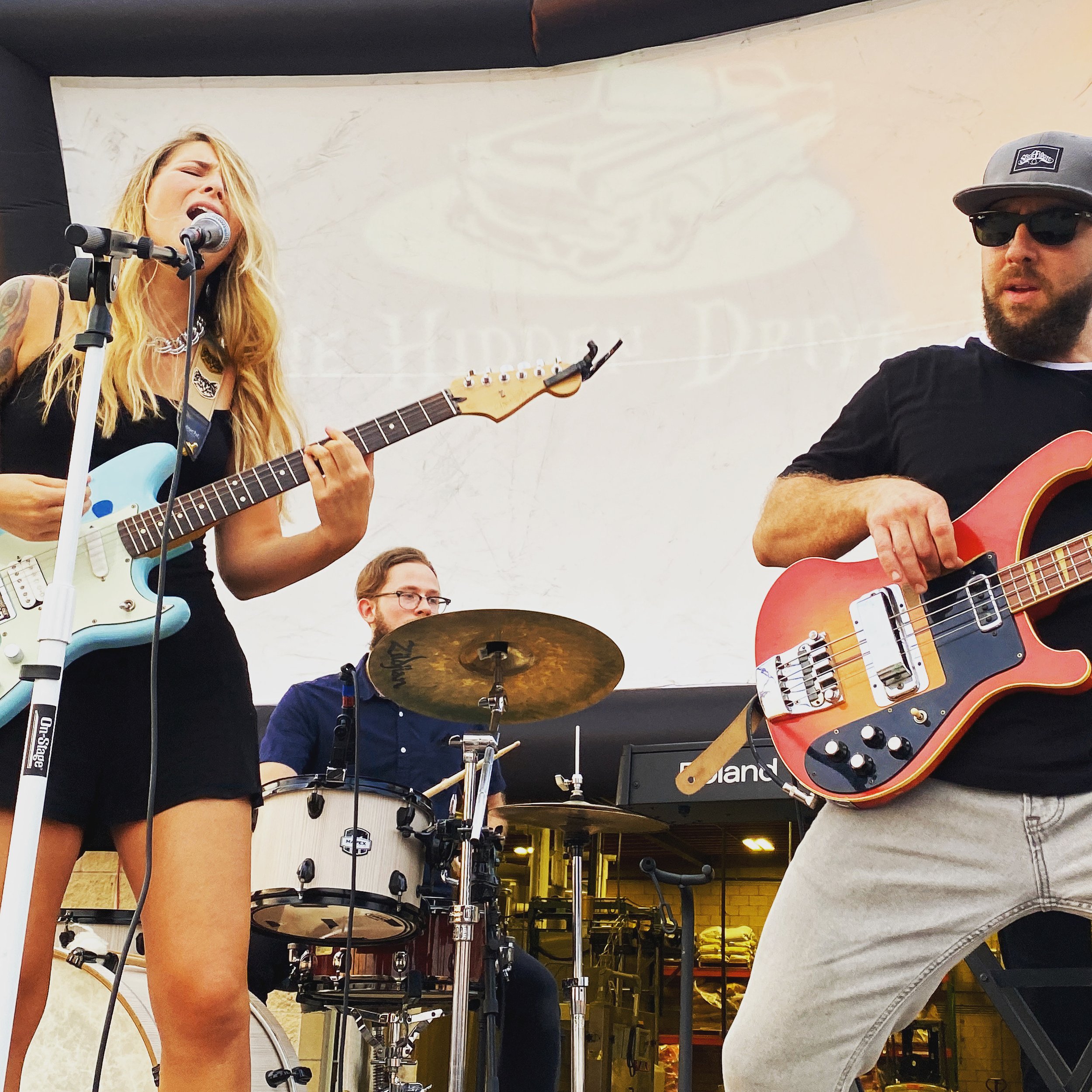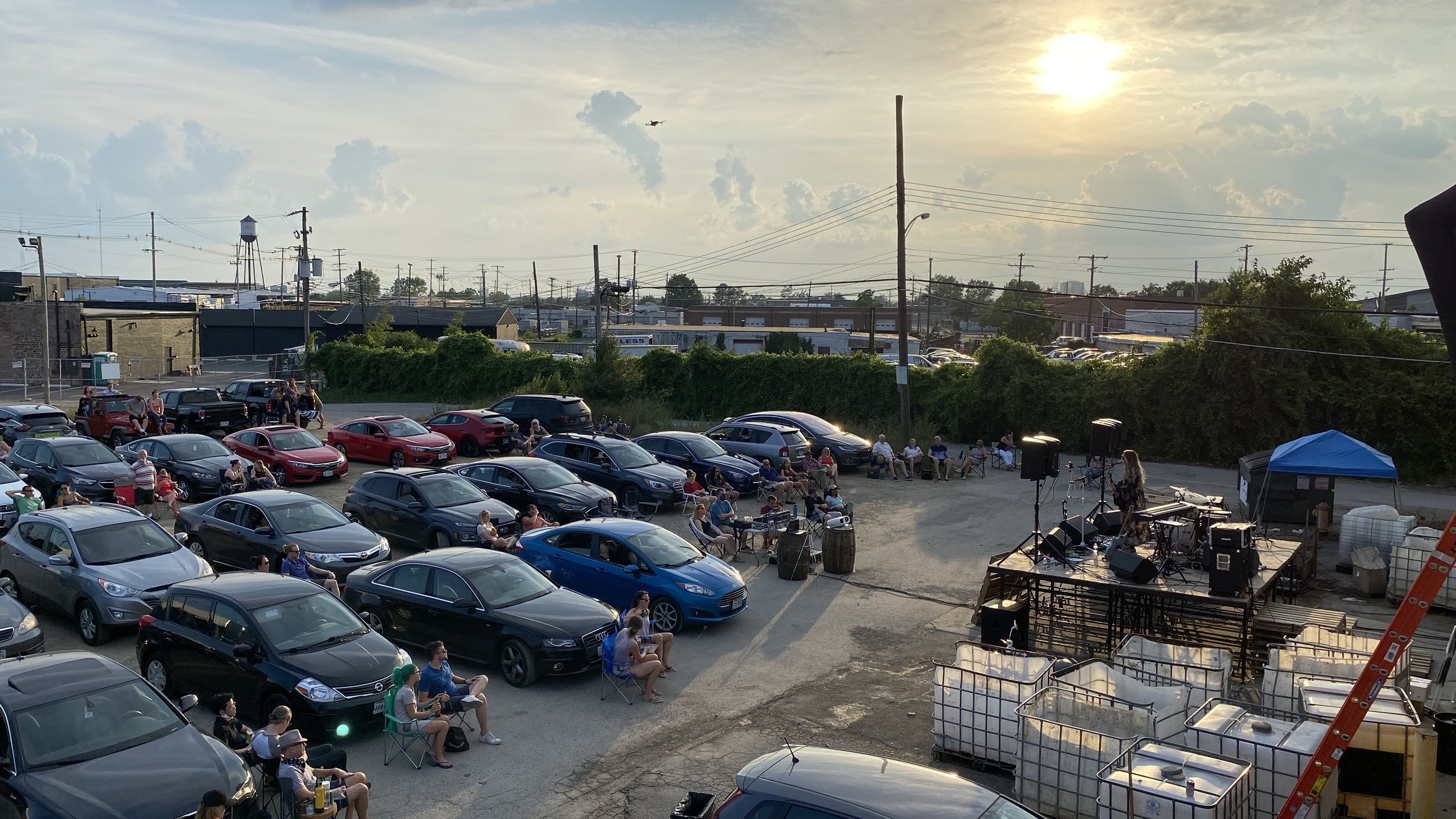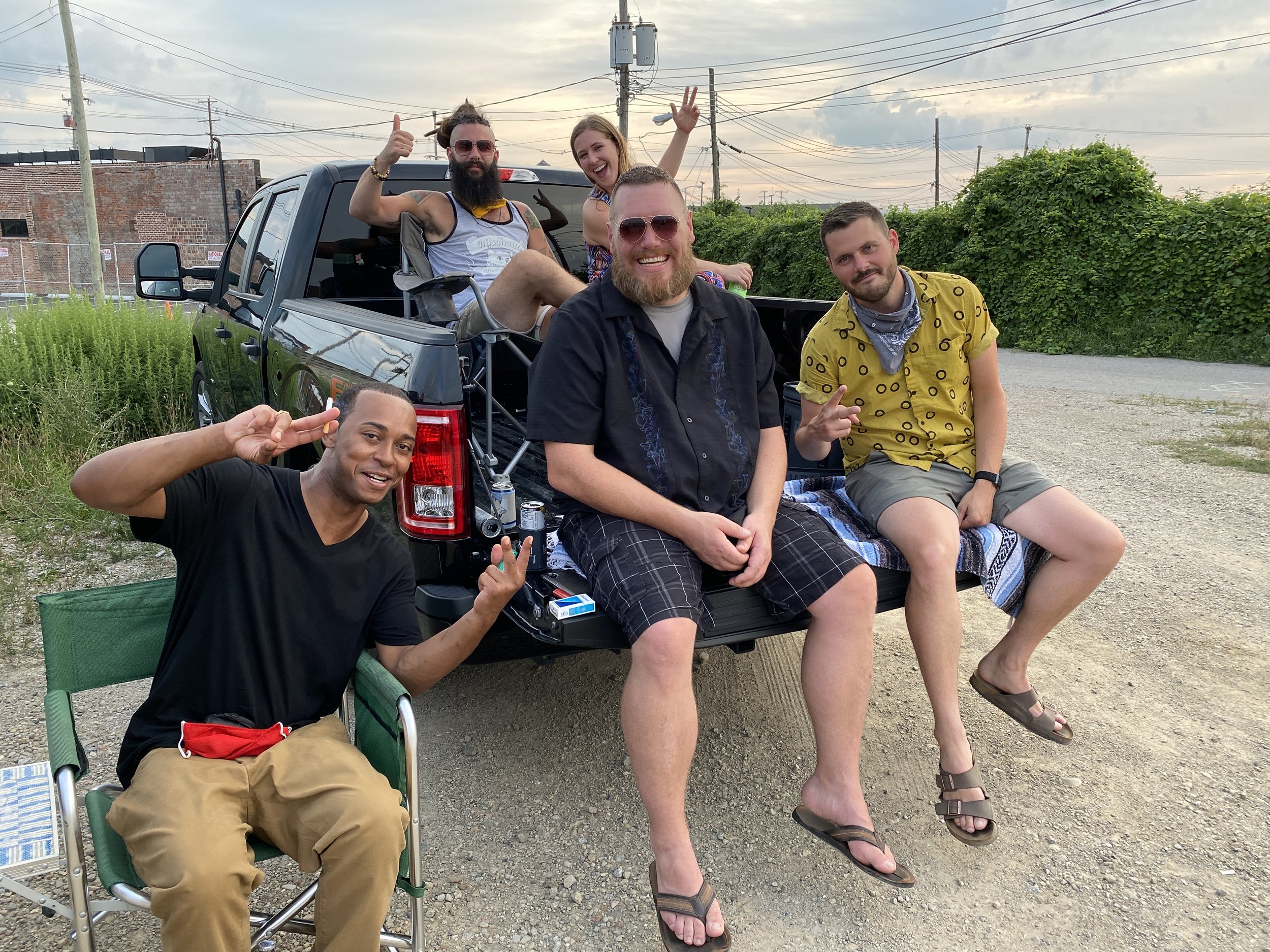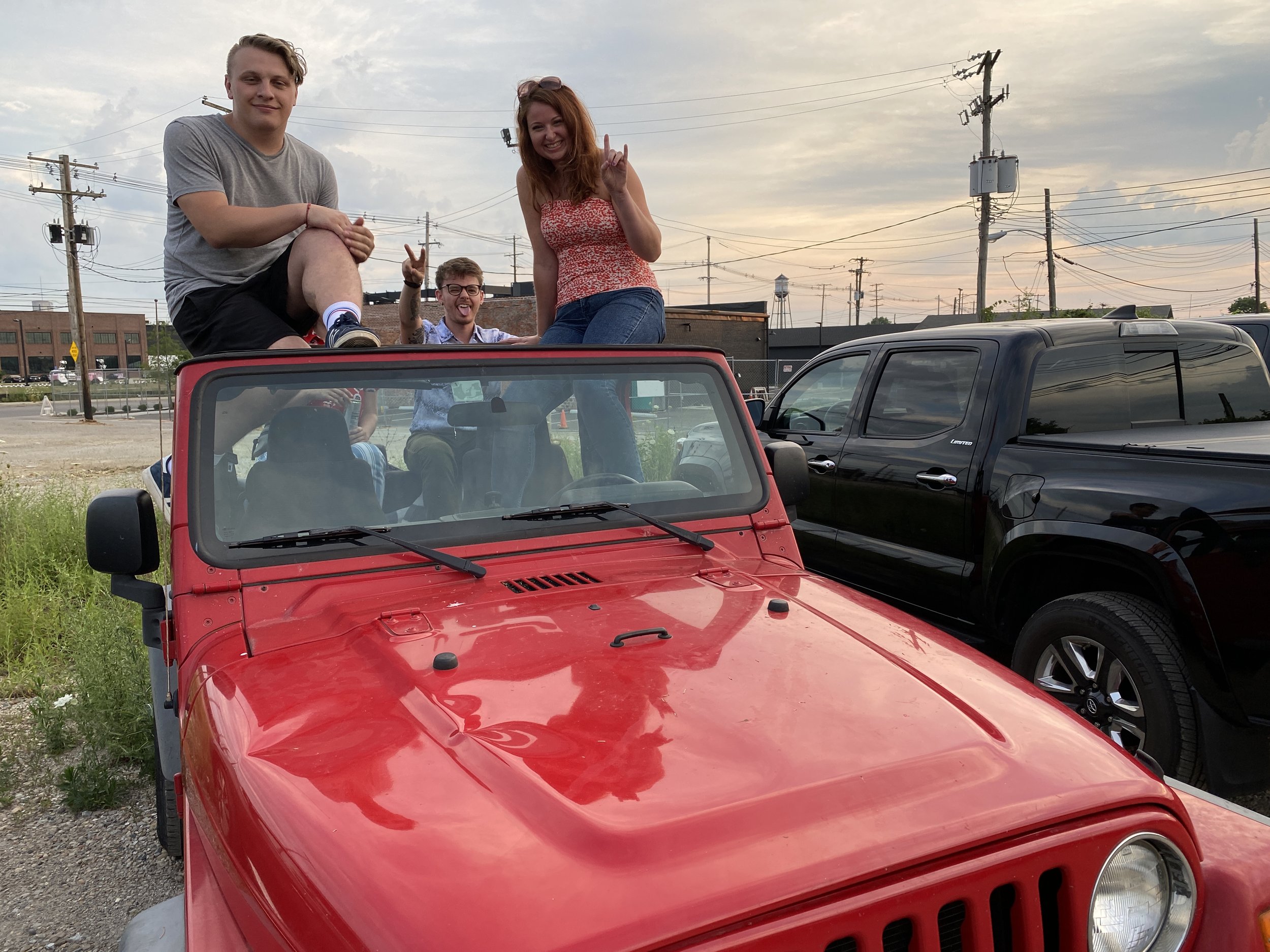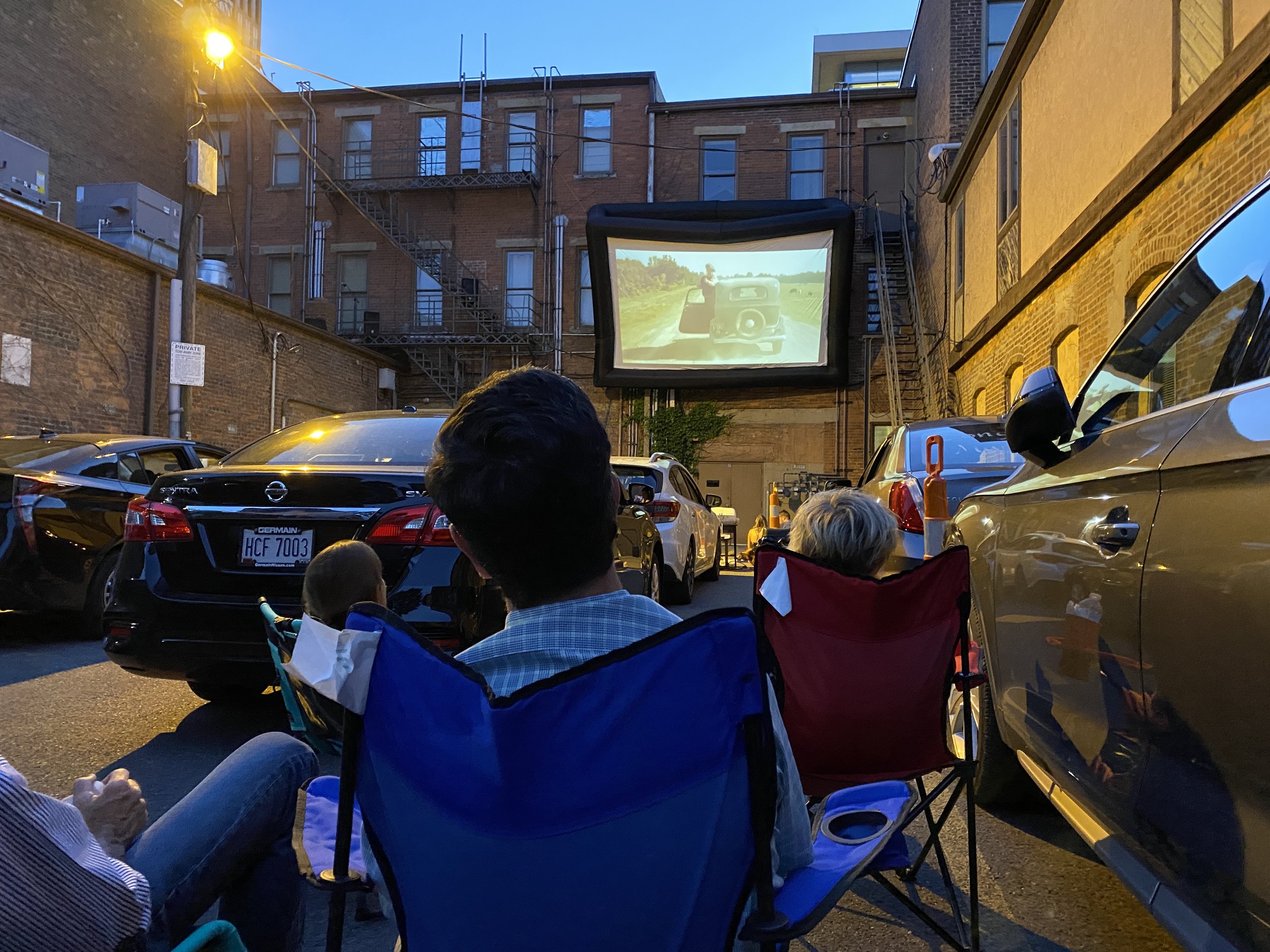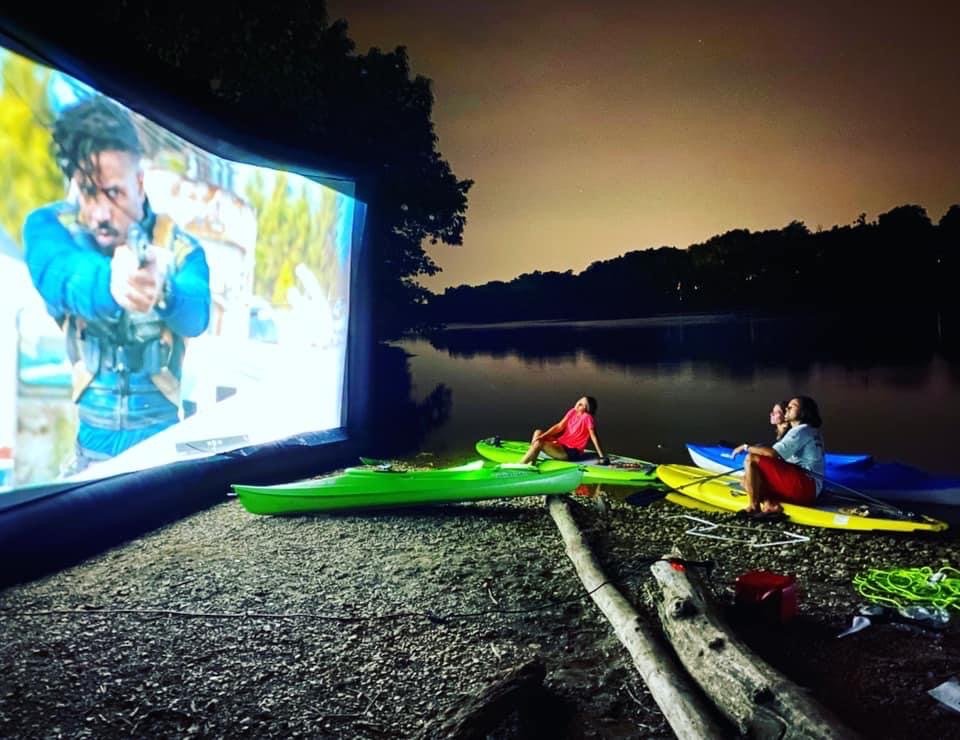Micro Business: An Approach to Sustaining What You Love
There were many days in 2018-2020 when I felt like I was living a “Ratatoille Life.”
You know that scene at the end of the Disney film where the cute, talking rat climbs down his ladder into the kitchen of a beautiful French restaurant and begins to cook for the guests who have arrived? That cute rat chef who believed that ‘anyone can cook’ was me when I turned my neighbors apartment into a concert venue.
With a simple stage built in the corner by one of my best friends, Eric, and his son, Julian, I walked down the street in 2018 and found an amazing chalkboard sign created by a server of the restaurant. Inside the restaurant, I found the server and hired him for $400 to come back that evening and paint a chillingly perfect mural of an androgynous skeleton who is playing the trumpet. I had no concept for what would happen before walking into that taco joint, we just brought “Ernie” the immortal trumpet player to life, who well-represented myself and each of the 4,000 audiences and musicians who came through my living room of the next 3 years.
And that’s exactly what happened: 4,000 people showed up to support living room concerts because of the micro-authentic nature of the business. We directly supported artists with thousands of dollars of cash, formed a tight community, built new friendships, healed inside of a ‘nothing could go wrong’ human experience, and enjoyed watching the power of music grow. They were some of the best nights of my life in Columbus, Ohio.
When the pandemic hit, and bars shut down, we moved our community to outdoors parking lot shows, called “The Hidden Drive-In.” While we didn’t have the luxury of arriving to a warm stage, we knew it was worth the 12 hours of setup and tear down time to build a 2 ton stage every weekend, hang a 33’ screen across the side of a brewery’s building, spread wireless bluetooth connections across the parking lot, and transmit audio from the stage to the inside of our friends’ cars to support social distancing. We even used roller skates to deliver food from the local restaurants to the car windows just to show the musicians and audiences that we loved and believed in what we were doing. Pelatonia noticed. Mayors of local cities noticed. And soon enough, we raised over $100K+ for artists and gained valuable new clients for larger parking events that raised $200K+ more for charities that were struggling to operate during the closures.
So, we took our micro business into the river and floated our cinema on the water. We called it “Water Cinema.” We made the news again as paddleboards and kayaks floated up to watch a Hollywood Film in high-lumens projection at midnight. Even the cops who came out to shut us down were impressed by how we lugged 300 pounds of audio equipment and tied it to a power generator on a ‘rock island’ in the middle of the river. They couldn’t believe we had barbecue for our friends and guests.
These type of pop-up businesses, micro-businesses, became a sustainable approach to funding and doing what we really wanted to do. It took some ingenuity to think through all of the moving parts of hustling an outdoor concert venue and movie theatre together, or recreating the experience of a concert hall inside of a small apartment, but people were willing to pay for a new, authentic, experience.
Sometimes we don’t want the polished, produced, product. The hand-made, hand-crafted, sourced-local, hyper-community, carefully-made, passionately-distilled thing becomes consumed with a similar level of care by a type of person who wants to care about what they are consuming. I believe that ever customer wants to see passion behind what they are consuming — the desire for that is natural and engrained in us as humans, but we’ve often be taught that quality is something replicable, consistent, and reliable. But the caveat experience of the audio system failing when the power to the brewery was overdrawn, or the police coming out before the end of the movie, or the musician’s guitar being out of tune because of the humid Summer weather conditions — all of those “quality issues” was part of the real experience. We feared they would ask for a refund when we had technical glitches in our bootstrapped setup, but our customers often stayed to root for the solution or drove away happily with an interesting story to tell.
Real experiences provide a greater license for interesting failures. In this way, micro businesses are one of the greatest approaches to trying to sustain what we love at the highest quality we really want. You learn to fail fast, accept your mistakes, pivot, and treat people right at every turn. This is how real customers are won. This is how businesses grow. And when standardization finally becomes the greatest form of art, you’ve moved into scalable territory. But some good things never quite get to that place of replicability, because they were never meant to. I don’t want the taco truck to make the same taco every single night. There’s something lovable and edifying about that which is imperfectly perfect.
